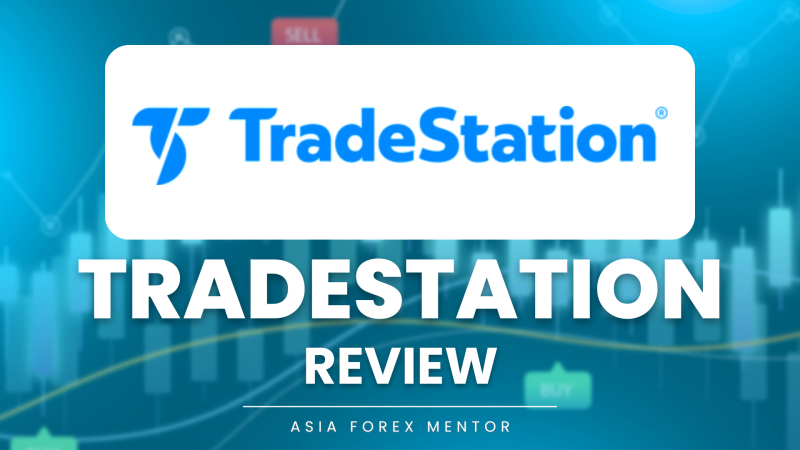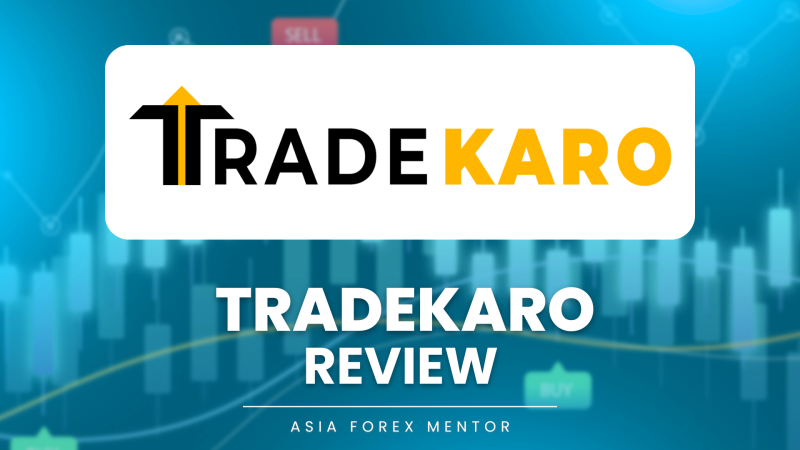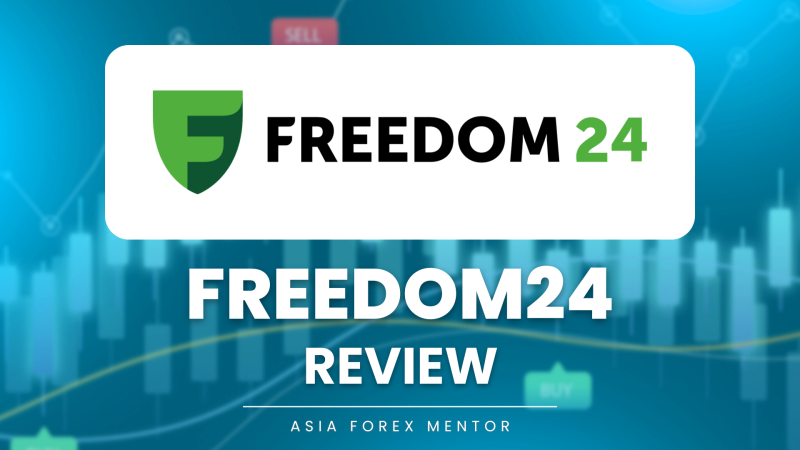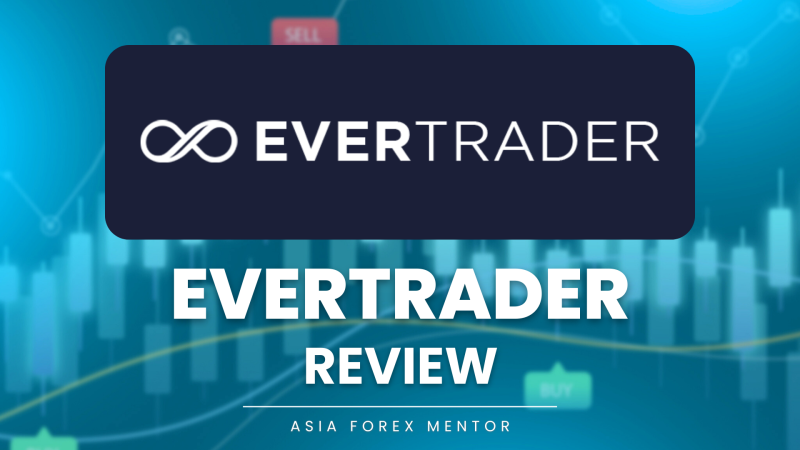What’s This “New Economic World Order” Thing Everyone’s Talking About?
Basically, the U.S. is flipping the script on how it deals with other countries economically. Instead of favoring global trade and open markets as in the past, there are now concerns regarding keeping things as close to home as possible and controlling what comes in and out. This transformation may sound subtle in theory, but its ripple effect is shaking the foundations of how the entire global money system goes on with its own life. As if while having a thorough change in the rules of the game going on, everyone is still playing.
America is changing how it trades
There was a time when the U.S. was all about global trade-getting stuff made abroad, where it is cheaper, and importing it back. But now, the Republicans and Democrats are having a change of heart and want more energy made in America. More tariffs are coming into play, especially on imports from countries like China, with lawmakers encouraging manufacturers to relocate production to the United States or at least to countries deemed allies. This change is slamming the brakes on easy and cheap commerce across the globe, impacting prices and business right across the board.
U.S. vs. China Is Heating Up
The dynamics at play are rather tense. The U.S. and China are certainly not acting as if they are best friends anymore. The U.S. is blocking China from obtaining access to high-end tech such as AI chips and advanced semiconductors that are quintessential for future innovations, while China is building its own system, creating alternatives, backup plans, and a digital currency version of its own! Lots of countries now find themselves stuck in between trying to decide which side to take without offending the other. This situation brings about pressure, confusion, and new forms of risks for everyone.
New Economic “Squads” Are Forming
Old-school alliances are now being backed up by economic ones. The U.S. and Europe are teaming up on tech and money rules. Countries like Russia, India, Brazil, China, and South Africa (known as BRICS) discuss a currency and trading system for the independence of the dollar. In other words, the world is creating a number of new squads; how they choose to spend money, develop technology, and trade will change that power equation entirely.
Currencies Are Gonna Be Wild!
These changes all muddle the old understanding that had that currency world balance. The U.S. dollar still reigns supreme but isn't going to last forever. The most evident example is many countries attempting to be less dollar-dependent. As the alliances switch and new trade routes are possible, currency will be a dynamic variable in the world scene. Thus, more fluctuations will characterize forex markets for currencies whose states are trade-dominated by the U.S. or China. It's just this kind of stuff that gets traders going, and with all that hype comes lots of opportunity but even more risk.
Money Is the New Weapon
For the most part, politics is connected with economics. Trade restrictions, tech bans, and even climate policies are being used like power tools. Thus, if the U.S. prevents China from purchasing certain tech equipment, it is not essentially a business affair but is a signal being sent. In a bid to give an advantage to their electric vehicle manufacturers or semiconductor manufacturers, the government is not merely conducting good policies but also tactics. Countries are playing an odd offense-or-defense game with their purses, which is slowly altering business dynamics and changing manners of engagement among countries.
So, Why Should You Even Care?
This shift in how the U.S. and other countries deal with trade, money, and power isn’t just for the big shots in suits. It affects how much stuff costs, where your tech is made, and how currencies behave. For forex traders, it means more movement and more unpredictability. For regular investors or even just everyday buyers, it means watching where things are made and how international relationships might hit your wallet.














